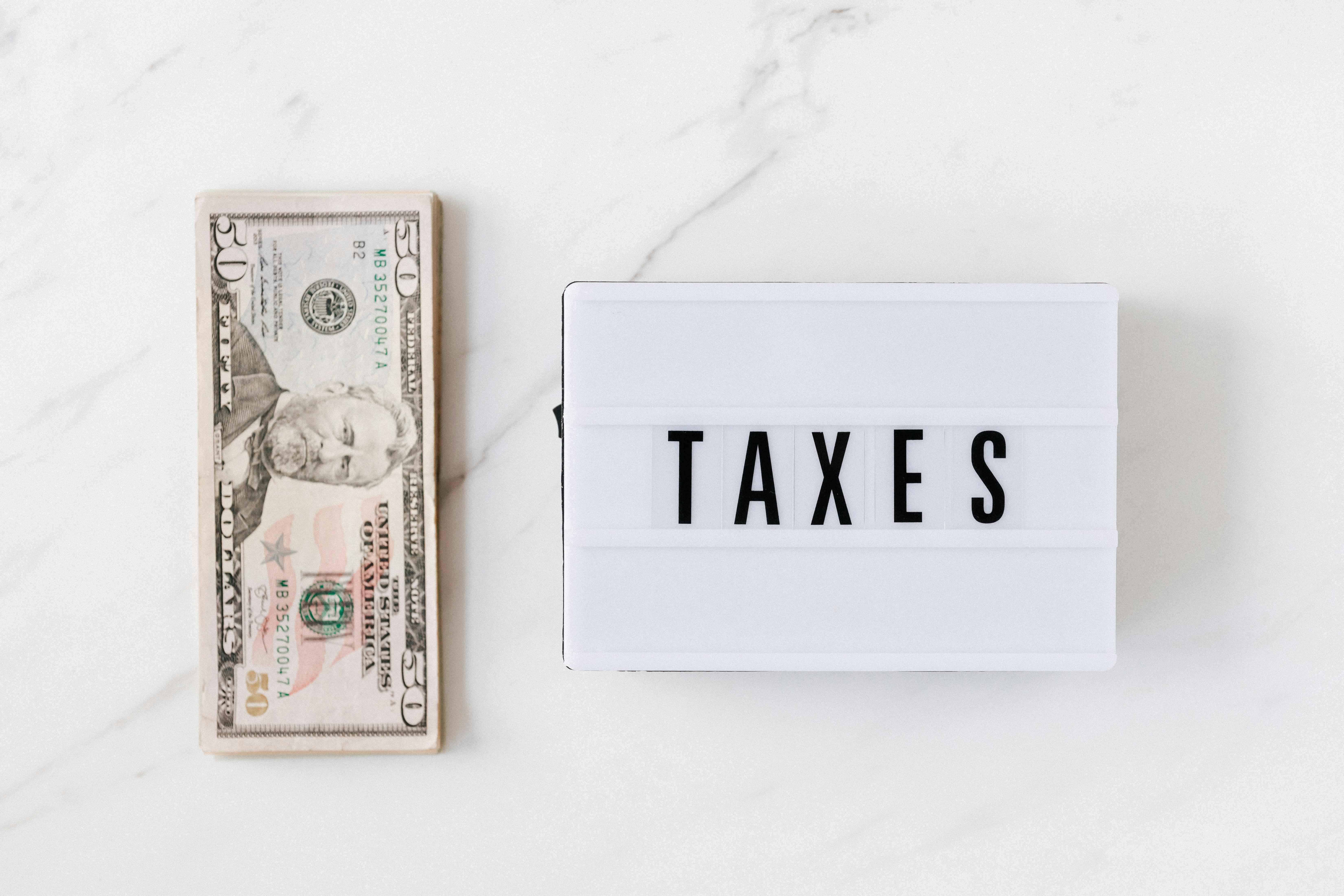Introduction
The Bahamas is a tropical paradise known not just for its breathtaking beauty but also for its well-established financial services sector. With a stable political environment and over 200 licensed banks, the Bahamas is one of the premier offshore banking destinations in the world. This guide provides an in-depth overview of the Bahamian banking system, its pros and cons, and the process of opening a bank account in the country.
Understanding the Banking Sector in the Bahamas
Historically, the Bahamas was a hub for offshore banking with minimal regulations. However, in the 1990s, the country introduced strict legal frameworks to comply with international financial standards. The Banks and Trust Companies Regulation Act of 2000 (updated in 2020) was a pivotal step in enhancing financial security and ensuring the stability of the banking system.The financial sector is the second-largest contributor to the Bahamian economy, employing nearly 10% of the population.
Major Banks in the Bahamas
The Central Bank of the Bahamas oversees financial institutions and plays a vital role in ensuring monetary and financial stability.
Key Functions of the Central Bank
Regulates and supervises Bahamian banks
Maintains the fixed one-to-one ratio of the Bahamian dollar with the US dollar
Issues banknotes and coins
Manages foreign exchange reserves
Leading Commercial Banks
Citibank – The only US-owned commercial bank
First Caribbean International Bank (Bahamas) Ltd. – The largest local bank
RBC Royal Bank (Bahamas) Limited – A major Canadian institution
Scotiabank (Bahamas) Limited – Named Bahamas’ Best Bank 2022
Fidelity Bank (Bahamas) Ltd. – Known for strong local customer service
Bank of The Bahamas Ltd. – A government-owned financial institution
Commonwealth Bank Ltd. – One of the oldest banks in the Bahamas
Finance Corporation of Bahamas (FINCO) – Specializes in personal and business lending
Pros of Banking in the Bahamas
Global Offshore Banking Hub
The Bahamas ranks as the fourth-largest offshore financial center, after Singapore, Hong Kong, and the Cayman Islands
Holds over $200 billion in assets, with a capital-to-asset ratio of 11%
Expertise in Offshore Services
Supports international banking, company formation, and wealth management
Allows non-residents to open offshore accounts
Suitable for portfolio diversification and estate planning
Remote Account Opening
Some banks offer remote account setup for non-residents
Strict verification and compliance checks are still required
Cons of Banking in the Bahamas
Lengthy Procedures
Account approval can be time-consuming
Foreign investors must obtain prior approval from the Central Bank to open foreign currency accounts
Account Restrictions
Bahamian dollar accounts require proof of local employment
Foreign currency accounts need special Central Bank approval
Some banks limit account usage to personal purposes only
Outdated Banking Systems
Online banking capabilities are limited
International transfers may require in-person verification
Slower transaction processing compared to other offshore jurisdictions
Currency Restrictions
Exchanging Bahamian dollars into US dollars requires annual Central Bank approval
Foreigners must prove non-resident status or travel intent to exchange funds
High-value withdrawals may face service charges and limits
Limited Investment Flexibility for Locals
Local residents are restricted from making overseas investments
Investment options are largely limited to domestic real estate
How to Open a Bank Account in the Bahamas
The required documentation varies by bank and account type, but typically includes:
Personal Accounts
Proof of Identity: Valid passport, ID card, or driver's license
Proof of Address: Recent utility bill, lease agreement, or official correspondence
Source of Funds: Employment contracts, bank statements, or investment documentation
Citizenship and Residency: Valid legal documentation
Corporate Accounts
Certificate of Incorporation
Business License or Certificate of Good Standing
Articles of Association
Evidence of Licensed Activity
Due diligence procedures are extensive, and account approval may take several weeks.
Tips for Smooth Banking in the Bahamas
Choose the Right Bank: Some banks are more flexible with international clients
Prepare Documentation Thoroughly: Ensure all forms and certifications are in order
Understand Restrictions: Know your limitations regarding currency controls and fund transfers
Work with Local Experts: A local consultant can guide you through legal and procedural nuances
Prepare for Fees: Expect conversion charges, transaction fees, and withdrawal limits
Pros and Cons Summary
| Pros | Cons |
| Large offshore financial sector | Lengthy account opening processes |
| Expertise in international banking | Outdated online banking systems |
| Stable financial and political climate | Annual approval needed for currency exchanges |
| Some banks offer remote opening | Restrictions on investment options for locals |
Conclusion
Banking in the Bahamas offers significant benefits, especially for those seeking offshore financial services. However, navigating the regulatory framework and overcoming certain limitations requires careful planning and execution.
Block3 Finance specializes in helping individuals and businesses streamline the offshore banking process in the Bahamas. If you're considering opening a bank account or expanding your financial portfolio in the region, we can guide you through the complexities and ensure a seamless experience.
If you have any questions or require further assistance, our team at Block3 Finance can help you.
Please contact us by email at inquiry@block3finance.com or by phone at 1-877-804-1888 to schedule a FREE initial consultation appointment.
You may also visit our website (www.block3finance.com) to learn more about the range of crypto services we offer to startups, DAOs, and established businesses.
